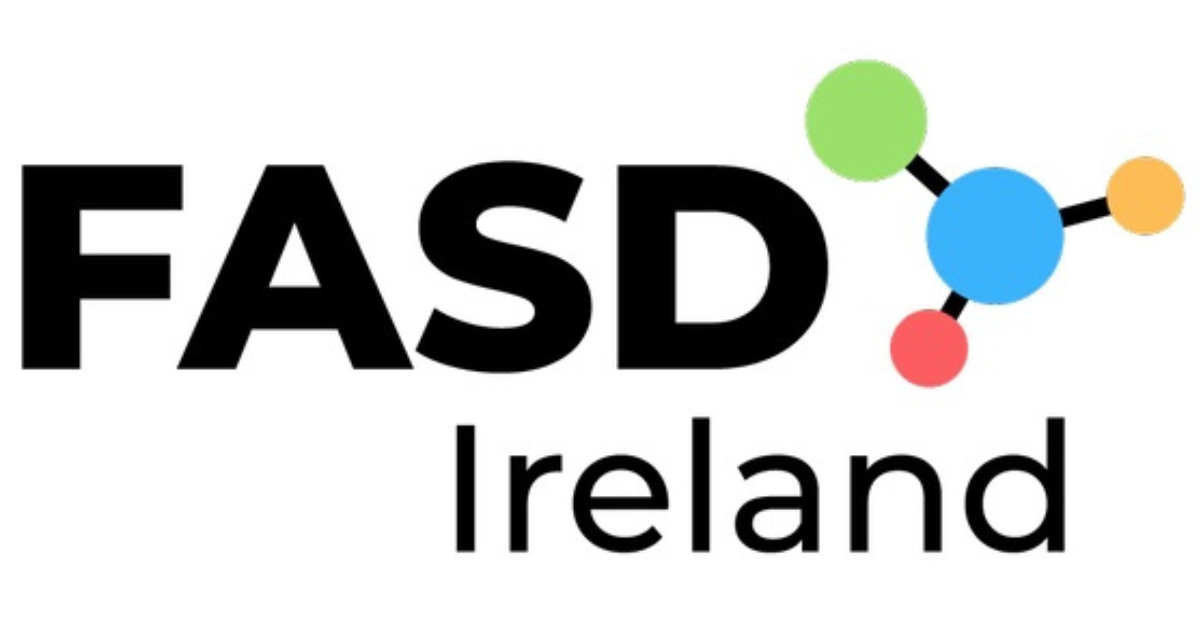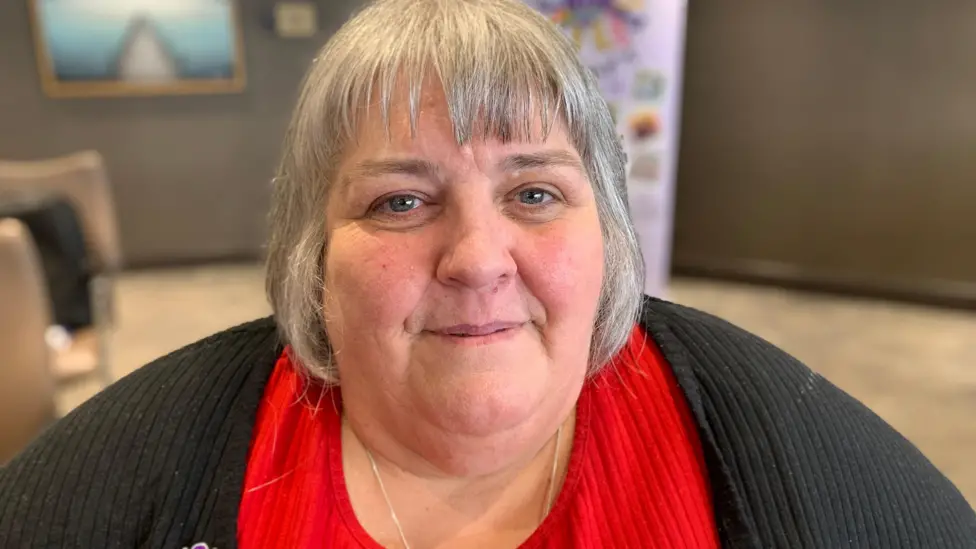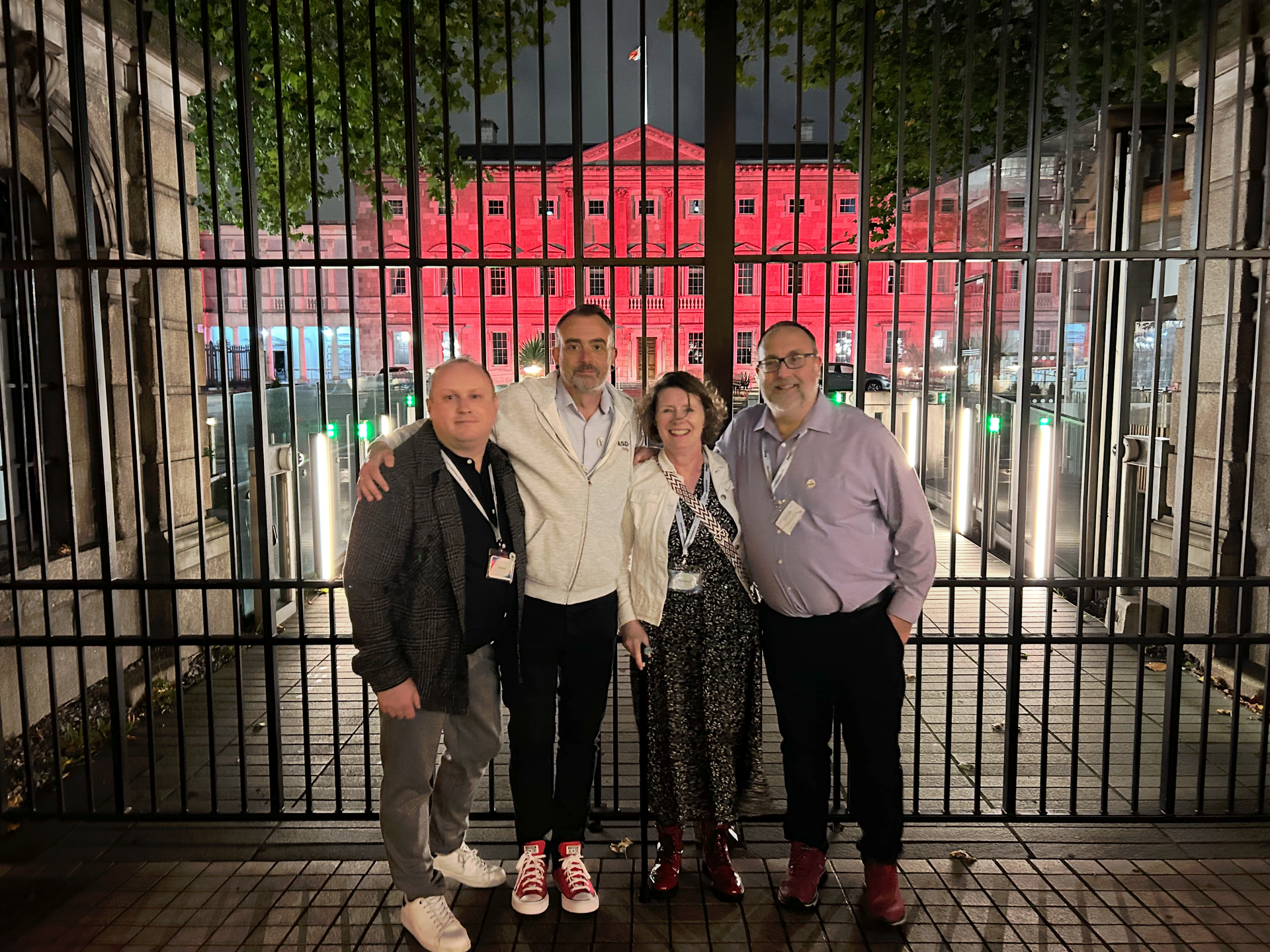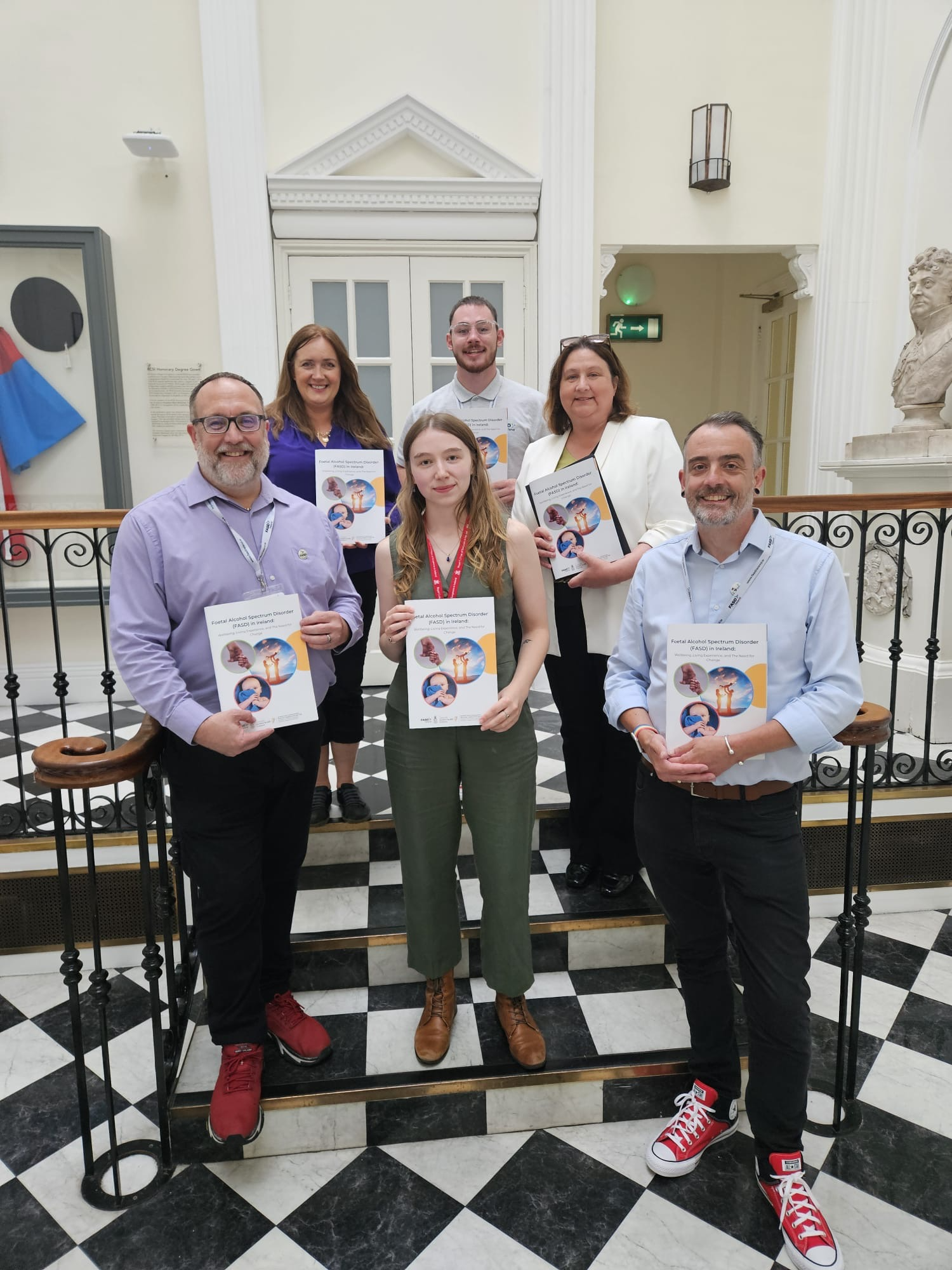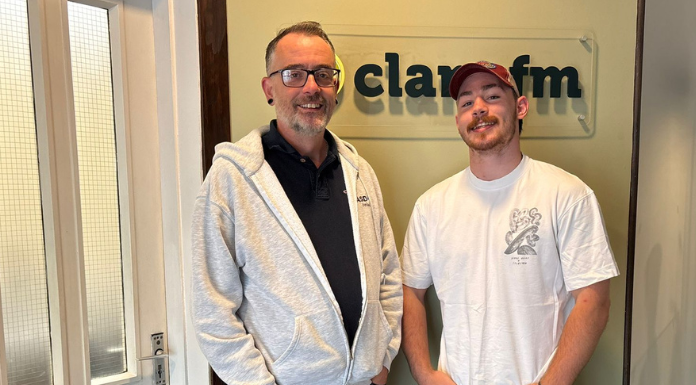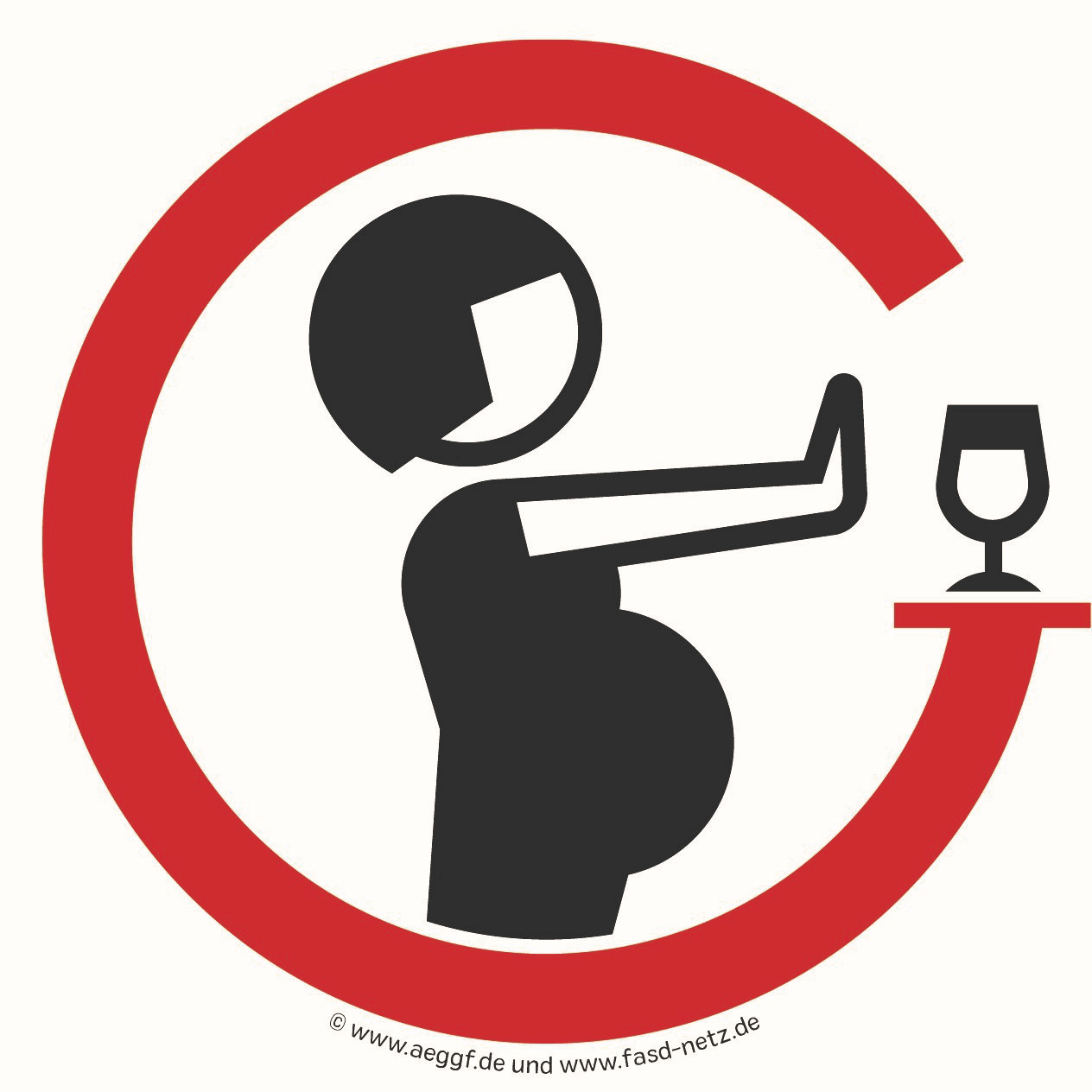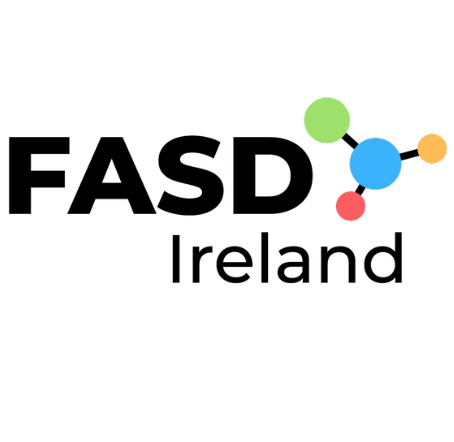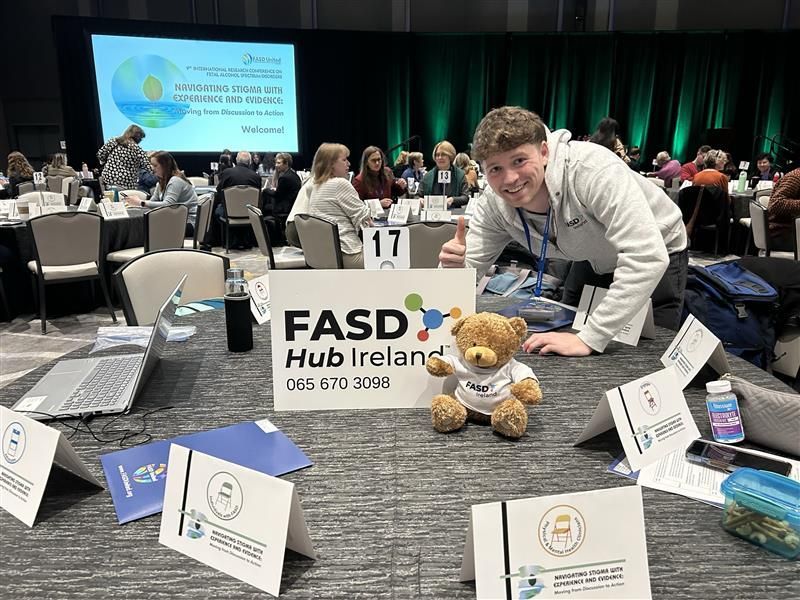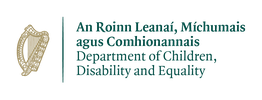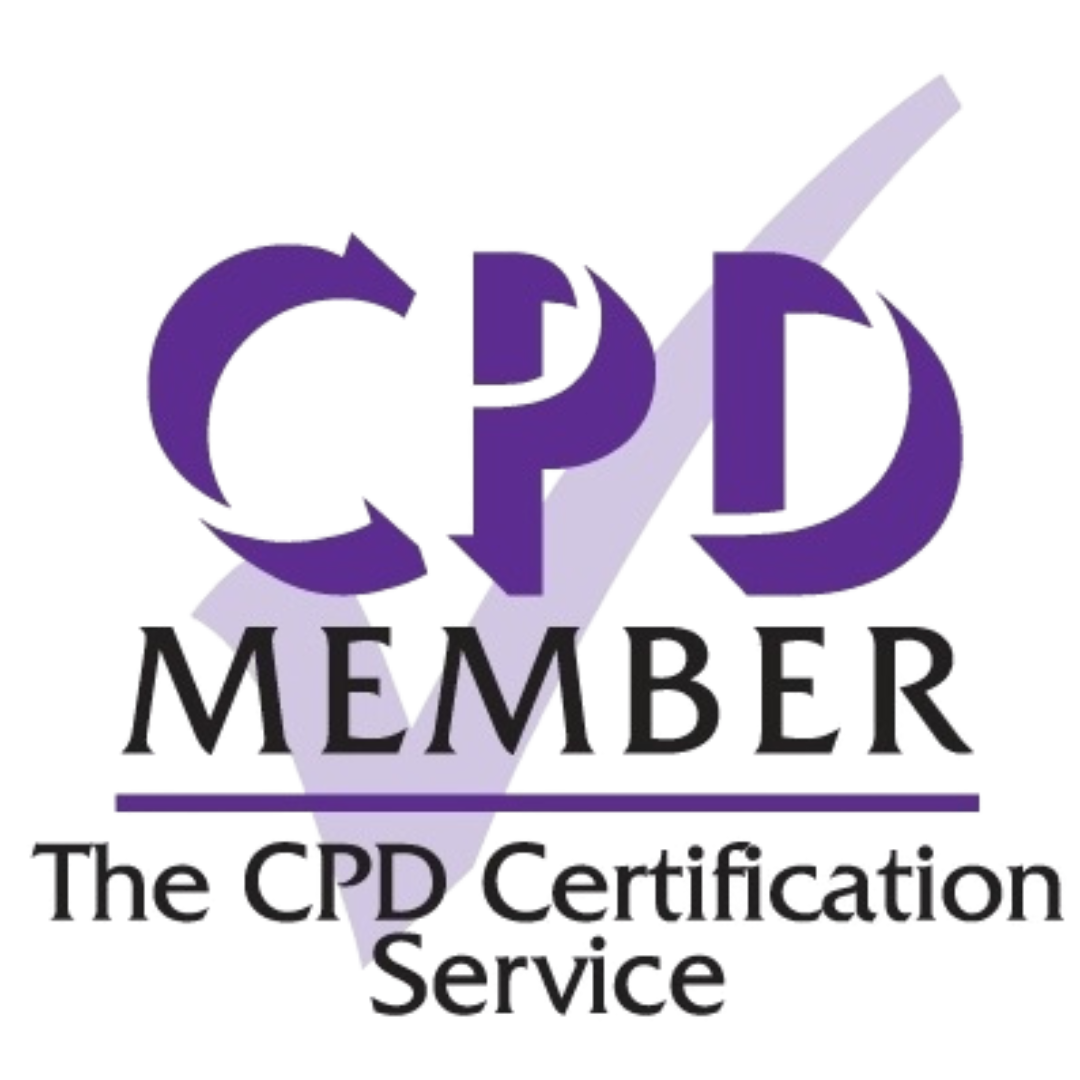First National Foetal Alcohol Spectrum Disorder (FASD) Conference held
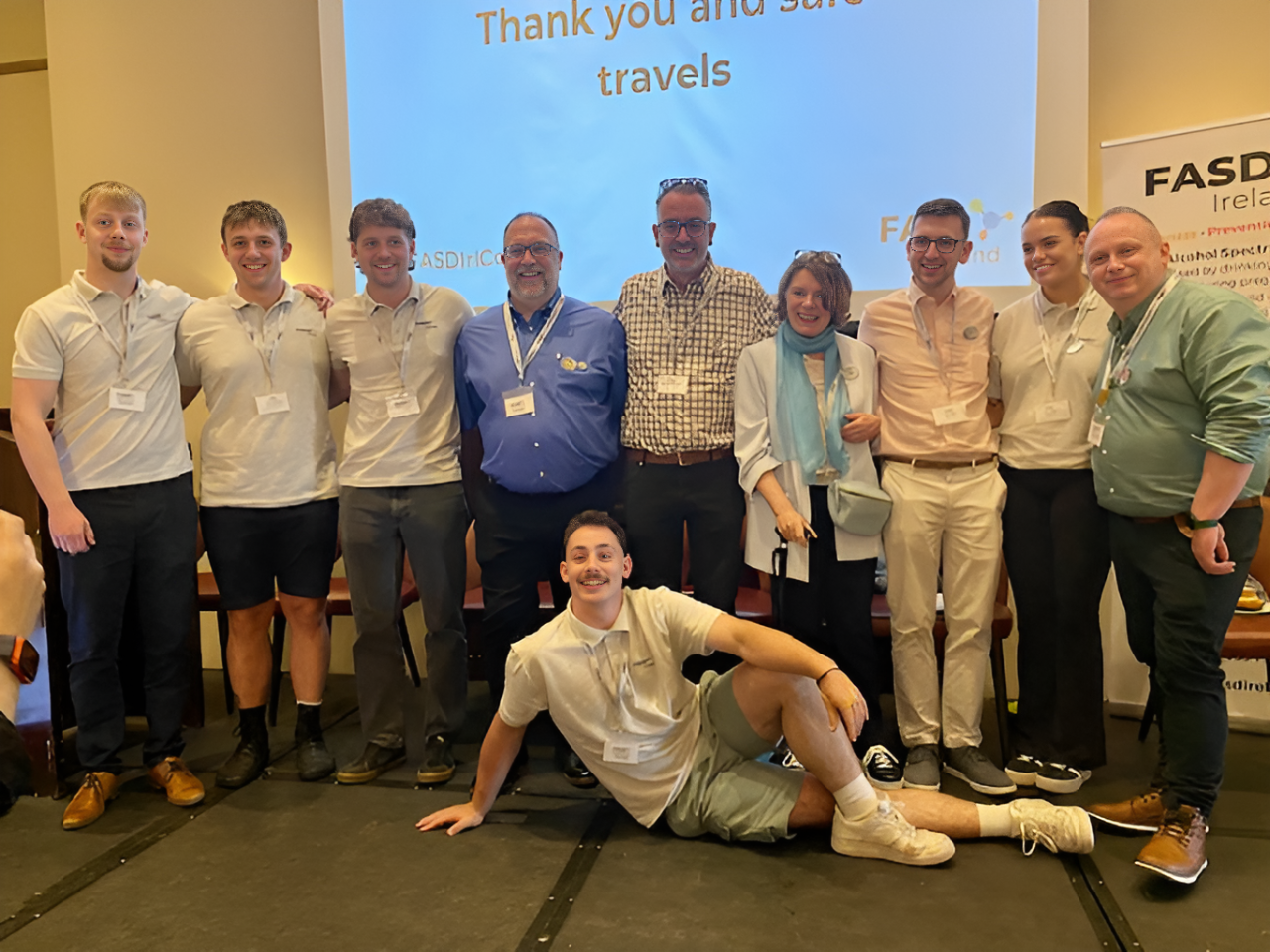
HOTEL Woodstock in Ennis was the setting for the inaugural FASD Ireland National Conference last Thursday, 22nd May. The conference titled ‘FASD in Ireland’ was organised by the Ennis based FASD Ireland – the national
organisation supporting people living with Foetal Alcohol Spectrum Disorder, their families/caregivers and supportive professionals.
The conference, which was attended by people living with FASD and their families, as well as professionals from Education, Health and Social Care and Criminal Justice backgrounds heard from a wide variety of keynote speakers and expert panels.
- Dr. Aisling Sheahan, HSE National Lead for Alcohol, Mental Health and Wellbeing gave a brief overview of previous public health campaigns around alcohol and pregnancy. She reiterated the HSE advice that no amount of alcohol is safe during pregnancy.
- Prof. Raja Mukherjee MBE, a Consultant Psychiatrist working as the clinical lead for Adult NDD & FASD at the UK’s National FASD Clinic, gave an overview of the diagnostic process and how people with FASD need to have the same access to diagnosis and specialist services such as those with autism and ADHD. Prof. Mukherjee outlined that he did not accept the country’s current position on the lack of standard diagnostic regime said; “If you had a patient in front of you with the clear markers of Down Syndrome, you would not refuse to diagnose them. FASD should be no different”.
- Prof. Jolanta Burke of the RCSI Centre for Positive Health Sciences shared some of the early findings from her ongoing research on theexperiences of being a carer of a person living with FASD. She revealed that 25% of carers surveyed reported that they found FASD Ireland support groups useful, while a further 25% felt that that they had no resources for supporting or obtaining diagnosis of FASD.
- Prof. Farhana Sharif, Consultant Paediatrician supported Prof. Mukherjee’s assessment that it is unacceptable that Ireland does not have standard criteria for diagnosis and support and ran through some possible interventions that healthcare professionals could make to support people who are suspected of living with FASD in their care while we await for a diagnostic regime to be implemented.
- Dr. Denis Lamblin, CEO of SAFFrance, a French-based FASD prevention organisation also gave a presentation on the successful work that they are doing in France to reduce the prevalence of FASD through school seminars, partnerships with bars and restaurants, and public awareness campaigns on alcohol and pregnancy.
Speaking following the event, Scott Casson-Rennie and Cillian Flynn, the co-convenors of the conference said; “It was an absolute honour to be asked to organise the FASD Ireland’s first conference. We have both had experience of organising these types of events in the past, however, each event is always different.”
“We were blown away by the day itself and have subsequently been blown away by the feedback we have received since. Whilst we return to our day jobs, we are also beginning to think about next year, and we look forward to ensuring that the conference in 2026 exceeds the impact of 2025.”
CEO of FASD Ireland, Tristan Casson-Rennie added, "I’m absolutely delighted with the success of our first conference. It was clear from the engagement on the day that there is a strong and growing appetite within
the community for greater support from the State in addressing FASD. We were truly bolstered by the overwhelming support shown for the work we do. Support that encourages us to continue making a meaningful difference in the lives of families through expert advice and ongoing care.
What came through loud and clear from medical and academic professionals alike is the urgent need for standardised criteria for diagnosis and a consistent, accessible framework of support systems. It’s now more
evident than ever that national implementation of these measures is essential if we are to ensure that no one affected by FASD is left behind."
